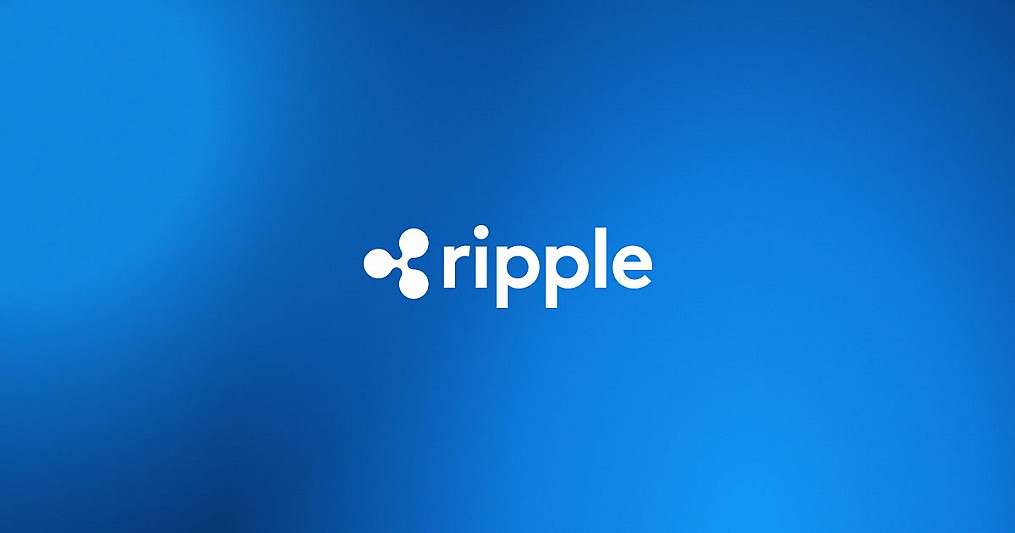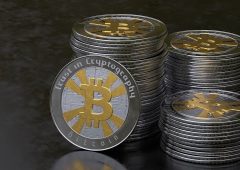Ripple Has Expanded to 80+ Countries Worldwide
25.07.2024 21:32 1 min. read Alexander Stefanov
Ripple has successfully expanded its liquidity network to over 80 markets globally. By building innovative liquidity pathways, the fintech company aims to make cross-border payments faster, more affordable, and seamless.
As the crypto market grows rapidly, it still remains smaller than the global foreign exchange (FX) market, presenting unique challenges that require advanced solutions.
Ripple addresses these by trying to facilitate fast, on-demand settlements at minimal costs while ensuring a superior cross-border payment experience for customers and partners.
To achieve this, Ripple leverages blockchain technology to ensure liquidity is always available, even outside traditional banking hours.
This technology allows global payment transactions to settle almost instantly at significantly lower costs by eliminating intermediaries.
Unlike traditional methods, crypto transactions on blockchain ledgers are not restricted by banking hours or holidays, enabling money transfers anytime, anywhere.
This milestone of expanding the liquidity network to 80+ countries is a remarkable feat by Ripple and positions the company’s products as one of the best blockchain-based solutions for crypto and traditional markets alike.
-
1
Fortune 500 Embrace Stablecoins as Adoption Surges Across U.S. Businesses
11.06.2025 19:00 2 min. read -
2
Elon Musk’s X Prepares to Enter the Fintech Arena
20.06.2025 13:00 1 min. read -
3
China Pushes Digital Yuan Expansion as Global Currency Power Shifts
19.06.2025 17:00 1 min. read -
4
Fiserv to Launch FIUSD Stablecoin Across Its Massive Banking Network
23.06.2025 21:00 1 min. read -
5
Mastercard Integrates Chainlink to Power Direct Crypto Access for Cardholders
25.06.2025 18:00 1 min. read
U.S. Bank Advises Clients to Drop These Cryptocurrencies
Anchorage Digital, a federally chartered crypto custody bank, is urging its institutional clients to move away from major stablecoins like USDC, Agora USD (AUSD), and Usual USD (USD0), recommending instead a shift to the Global Dollar (USDG) — a stablecoin issued by Paxos and backed by a consortium that includes Anchorage itself.
Vitalik Buterin Warns Digital ID Projects Could End Pseudonymity
Ethereum co-founder Vitalik Buterin has voiced concerns over the rise of zero-knowledge (ZK) digital identity projects, specifically warning that systems like World — formerly Worldcoin and backed by OpenAI’s Sam Altman — could undermine pseudonymity in the digital world.
What Are the Key Trends in European Consumer Payments for 2024?
A new report by the European Central Bank (ECB) reveals that digital payment methods continue to gain ground across the euro area, though cash remains a vital part of the consumer payment landscape — particularly for small-value transactions and person-to-person (P2P) payments.
History Shows War Panic Selling Hurts Crypto Traders
Geopolitical conflict rattles markets, but history shows panic selling crypto in response is usually the wrong move.
-
1
Fortune 500 Embrace Stablecoins as Adoption Surges Across U.S. Businesses
11.06.2025 19:00 2 min. read -
2
Elon Musk’s X Prepares to Enter the Fintech Arena
20.06.2025 13:00 1 min. read -
3
China Pushes Digital Yuan Expansion as Global Currency Power Shifts
19.06.2025 17:00 1 min. read -
4
Fiserv to Launch FIUSD Stablecoin Across Its Massive Banking Network
23.06.2025 21:00 1 min. read -
5
Mastercard Integrates Chainlink to Power Direct Crypto Access for Cardholders
25.06.2025 18:00 1 min. read


